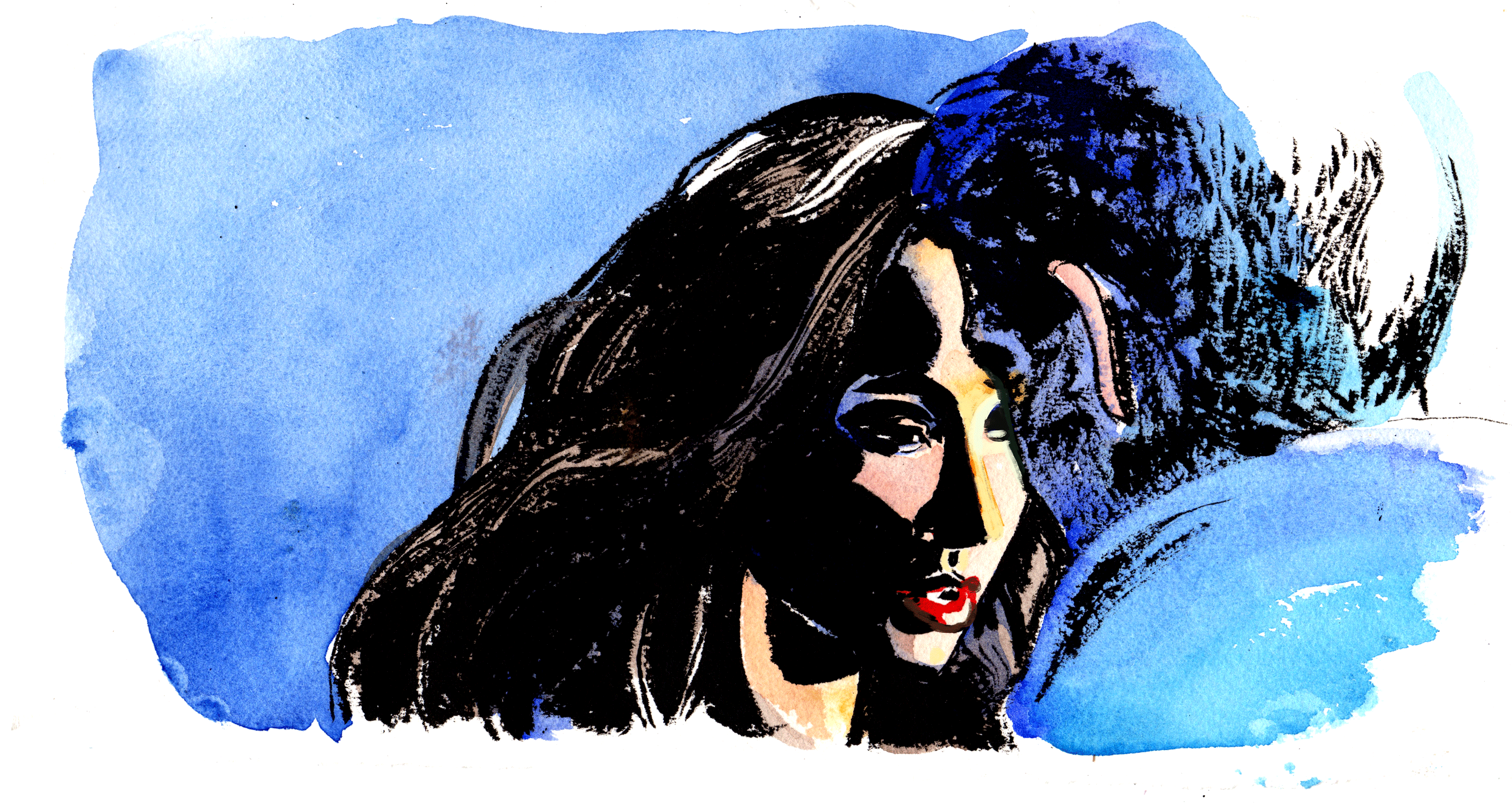
On May 17, Michael Streeter, a theater director in Portland, Oregon, took to Facebook to reveal that the estate of the late Edward Albee had pulled the rights from his production of “Who’s Afraid of Virginia Woolf?” because he cast a black actor in the role of Nick and refused, upon request, to recast the role.
Nick, in the script, is written as a blond-haired, blue-eyed man — but then again, so was Alexander Hamilton. One might think in a world where “Hamilton” exists so prominently that questions of casting would be essentially null and void: People of color should absolutely be considered for roles that were originally written for white folks.
Not so, claimed the Albee estate.
They said that changing the race of Nick changes the story of “Who’s Afraid of Virginia Woolf?” so significantly that it ceased to be what was originally written; that would just be unacceptable, now wouldn’t it?
Of course, the question then becomes about who gets to decide what a piece of art is once its creator has finished it. This is particularly true in theatrical works, inherently collaborative and ever-changing. I, for one, have never understood the appeal of “Who’s Afraid of Virginia Woolf?” in the 21st century.
It’s inarguable that Albee’s work is quick and clever; his dialogue is, in its way, masterful. But who wants to watch white people talk quickly and cleverly about the loss of an American dream that was never afforded to other groups in this country in the first place anymore?
The value of theater lies in its ability to evolve, to put people in a room together, to create a dialogue between language and body and audience. By preventing Albee’s work from evolving, the estate is potentially condemning “Who’s Afraid of Virginia Woolf?” to irrelevance.
True, the average theater-goer in the United States is older, whiter, and of a higher pay-grade than the average American, so plays like Albee’s still maintain a certain level of reverence and relevance for the time being. This is unsustainable.
Despite the rise of Donald Trump and his supporters, and the renewed visibility of white supremacists, the theater remains a place where we can cast a reflection of our own world — its demographics and complexities. That is, if we choose to, and if playwrights and their estates can be the enablers of progress rather than the stumbling blocks. The Albee estate, in their decision to pull the rights from Mr. Streeter’s production, is the latter.
I won’t speculate on what Mr. Streeter’s production would have been like had he been allowed the rights to the show, but perhaps the Albee estate is right that his casting decision would have changed “Who’s Afraid of Virginia Woolf?”. Certainly, the jabs at Nick’s aryan appearance would be read in a different way. The signifier of the older white couple absolutely losing it over the course of a night in front of their black house guest and his wife would certainly mean something different to the 2017 audience than it would if they saw an all-white production.
Those differences would make the play better.
Without changing the text, Albee’s script becomes more nuanced than ever. It becomes relevant. It becomes challenging again beyond his often subtle and nearly indecipherable use of language. “Who’s Afraid of Virginia Woolf?” can become a play for our time if it is cast like a play for our time.
The Albee estate’s claim that this implies a layer that Albee didn’t intend is indicative of a racist understanding of the world. The intention of the white playwright is prioritized over a deepening of his story by way of inclusive casting.
Those who disagree with me might claim that my argument could be used to justify the casting of white actors in, say, Lorraine Hansberry’s “A Raisin in the Sun.” Counterpoint: White people already did that. It’s called “Clybourne Park,” and it’s questionable at best.
The desire of white people to maintain parts originally written for them while also co-opting or downright taking parts written for people of color is one of the most pernicious forms of modern day imperialism.
The Albee estate is not operating outside of this hegemony. In fact, by pulling the rights from Mr. Streeter’s production of “Who’s Afraid of Virginia Woolf?”, they added themselves to a long list of producers, directors, and playwrights who actively maintain and reinforce a system of oppression.
This is not what theater can be; it’s not what it ought to be. The answer to the question of who gets to decide what a piece of art is once its creator has finished it should not be white people — at least, not exclusively and not to the detriment of others. Theater is a way to experience the lives of others, to tell their stories, to bring them into the light. Reinforcing systems of oppression goes against the power of theater to fight the power.







